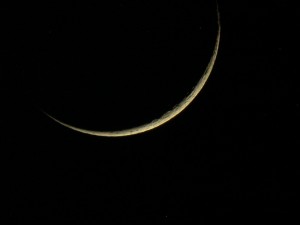In the Name of Allaah…
Shaykh Ibn Baaz (may Allaah have Mercy on him) was asked* for his advice to students during exam time. He replied:
We advise all students:
[1] to be serious and dedicated,
[2] to review their lessons day and night,
[3] to cooperate with each other in solving problems,
[4] to ask Allaah for success and help,
[5] to take heed of disobedience,
[6] to be dutiful in the performance of the prayers, taking care to offer them in congregation, Fajr prayer and the rest,
[7] to be dutiful to their parents,
[8] to keep family ties,
[9] and to give their wives their rights, among other things.
[10] As we advise the students also to be dutiful to Allaah (have Taqwaa),
[11] to stand upright (be dedicated, have Istiqaamah) in their religion,
[12] to take care of the duties imposed by Allaah,
[13] and to abandon what Allaah has forbidden.
All of these things will help them be successful in their lessons. They must all be dutiful to Allaah and take care of the things Allaah has ordered, like the prayers, etc. They must work hard to be dutiful to their parents and give them their rights. They must also be fair to their wives (if they are married) and give them their rights.
[14] They must also be mindful of their time and not waste it by listening to rumors that have no benefit.
[15] Their time is to be spent reviewing (their lessons) alone or with their brothers (in groups).
Source: His Fatwaa Collection (9/41-42), the numbering of the 15 points is from me.
*The question was general and the answer was general, in a place where students study both Islaam and worldly fields of knowledge. Studying hard for exams and trying to achieve high marks is an implementation of the generality of doing things with proficiency, that which our Religion encourages: “Verily Allaah has prescribed proficiency in all matters.“
Whoever does that for Allaah’s sake alone is earning Allaah’s Favor…
Whoever does that merely to seek fame and notoriety is on a path to the Fire…
and Allaah knows best.
Written by: Moosaa Richardson
ST Archives – Originally published 01-29-2010

 Shaykh Saalih al-Fowzaan (may Allaah preserve him) stated:
Shaykh Saalih al-Fowzaan (may Allaah preserve him) stated: